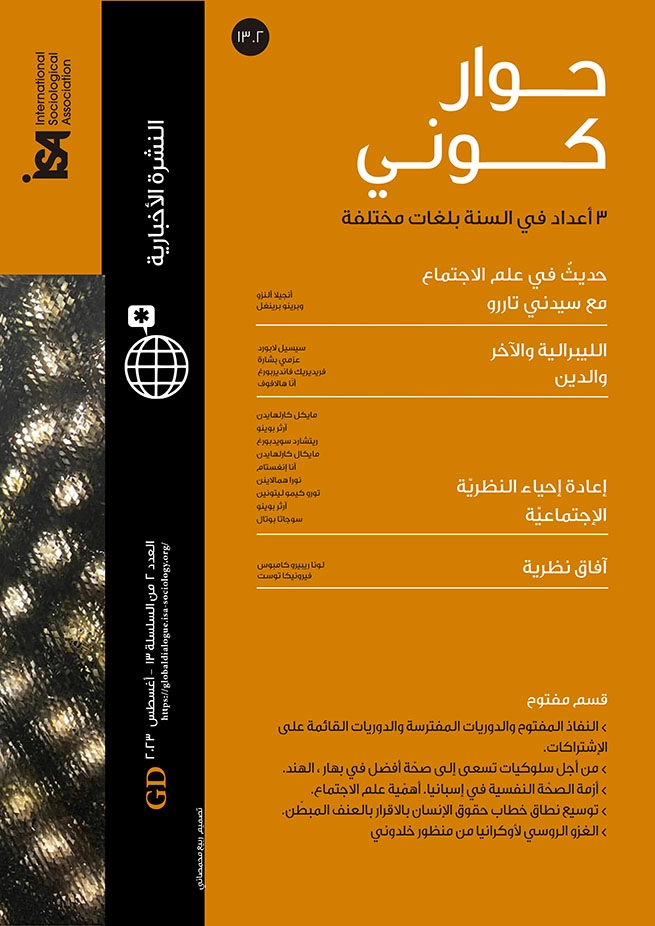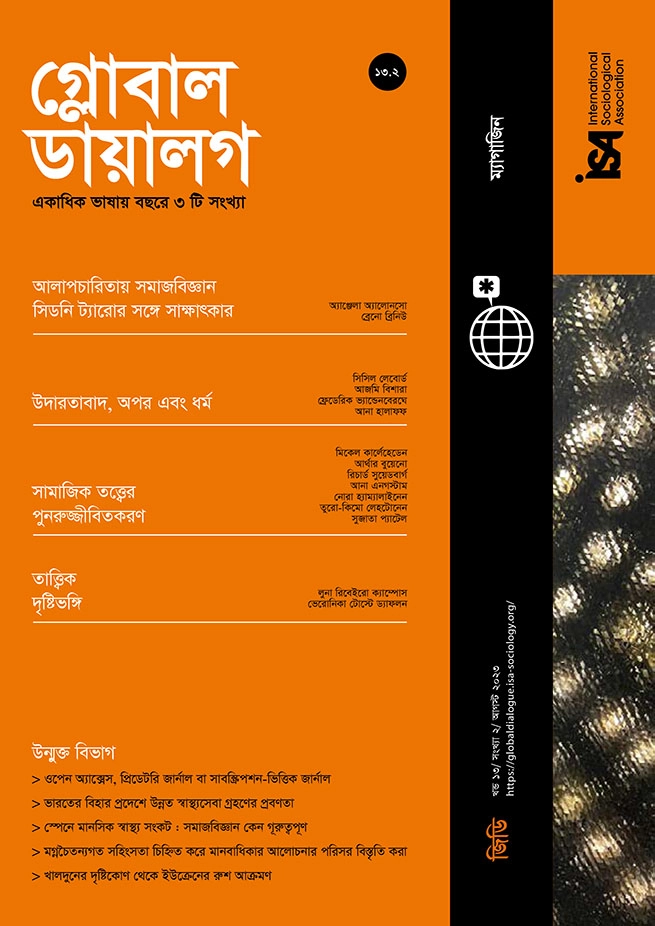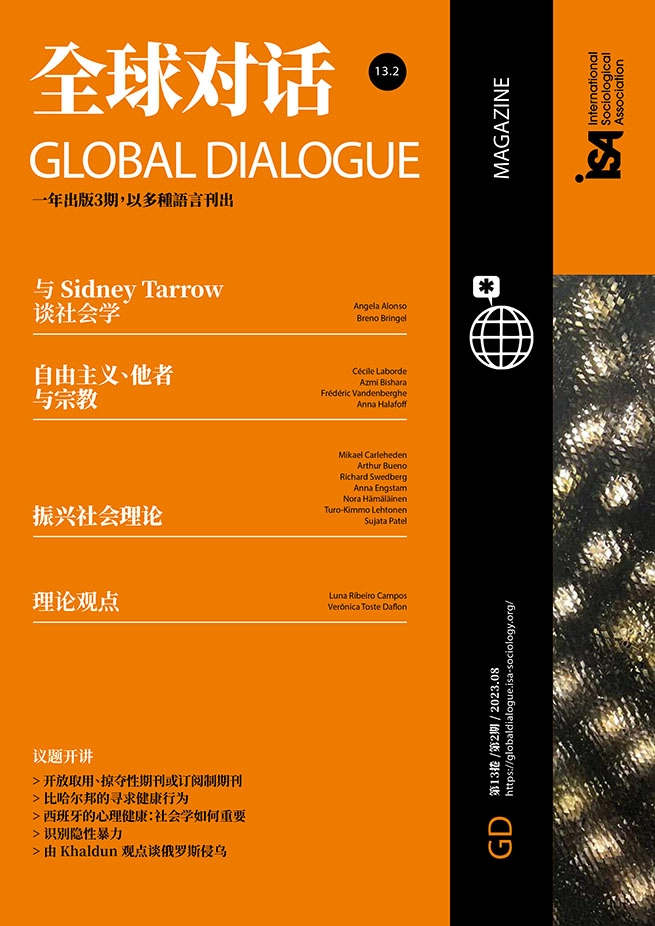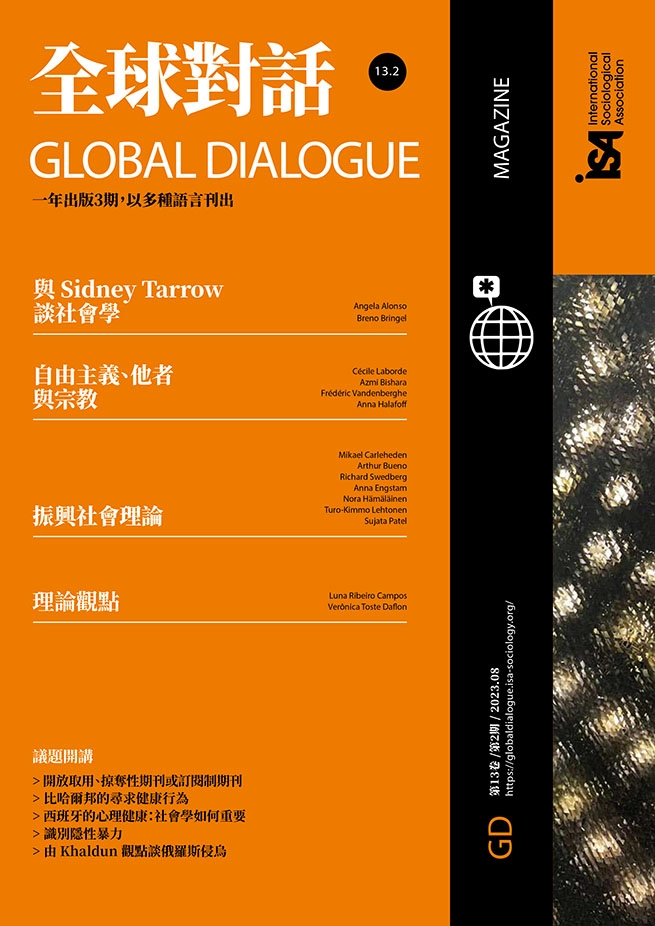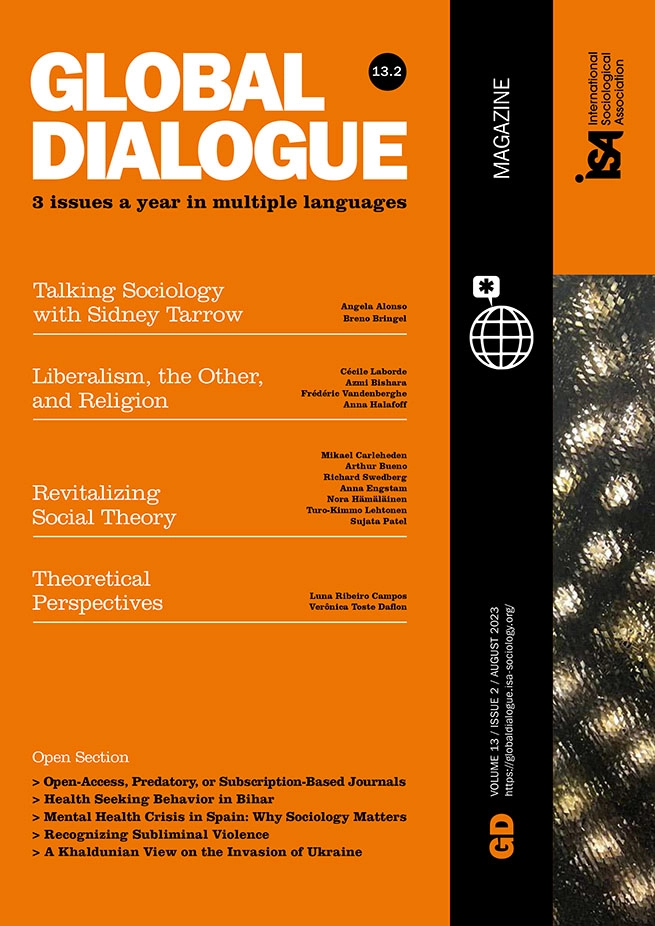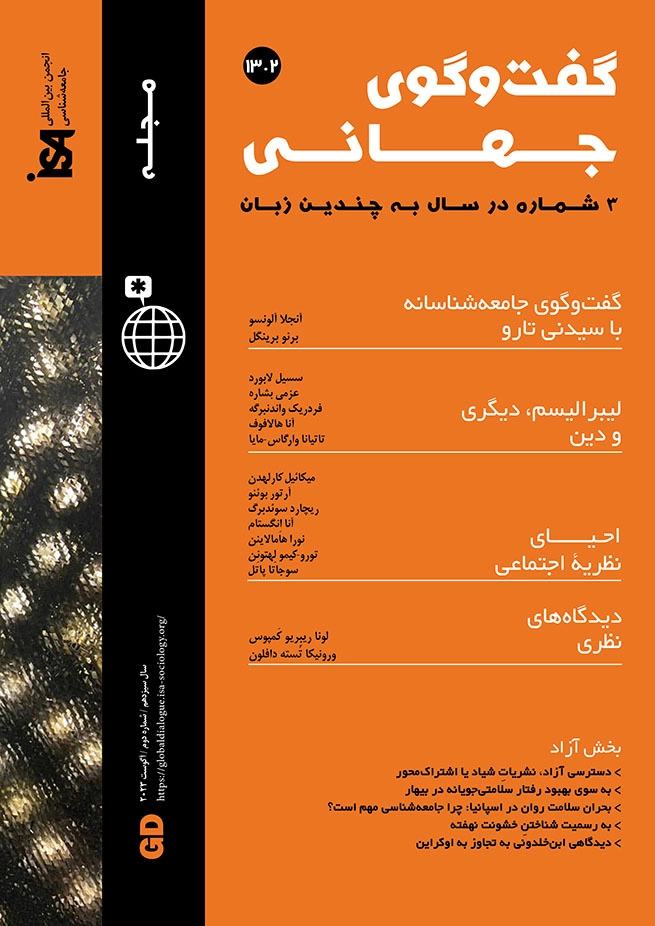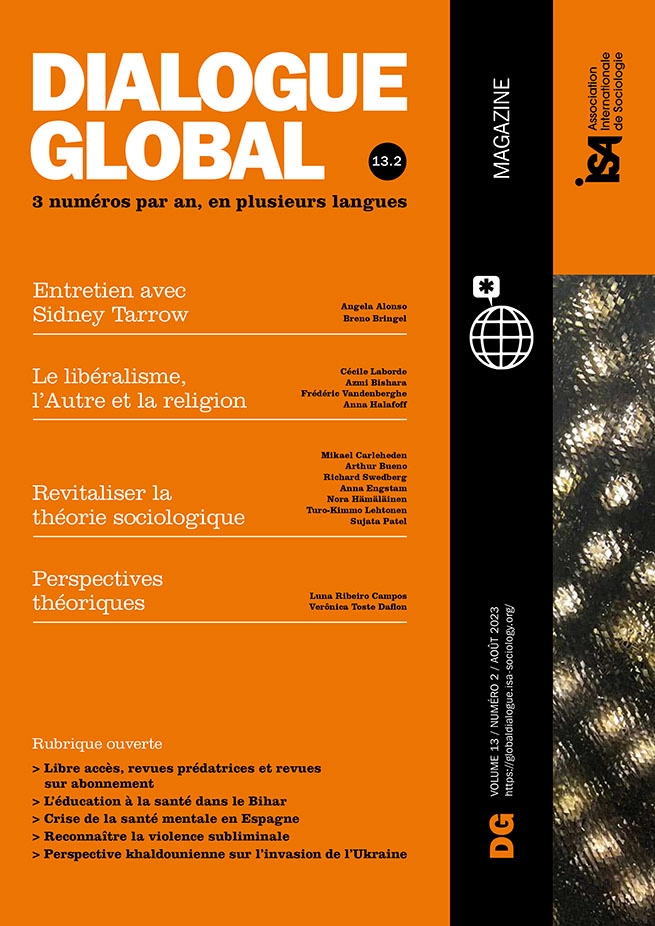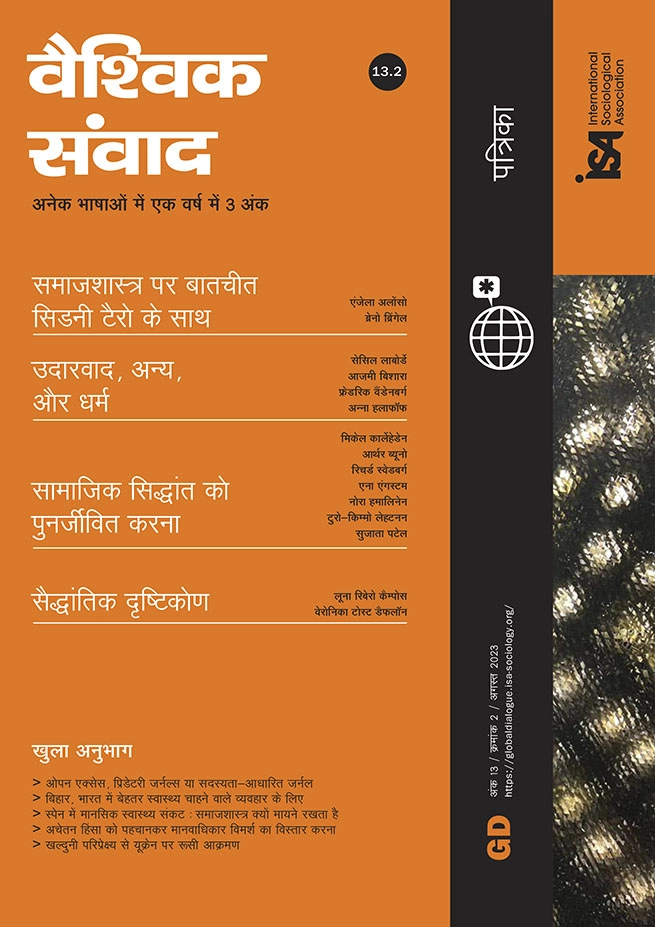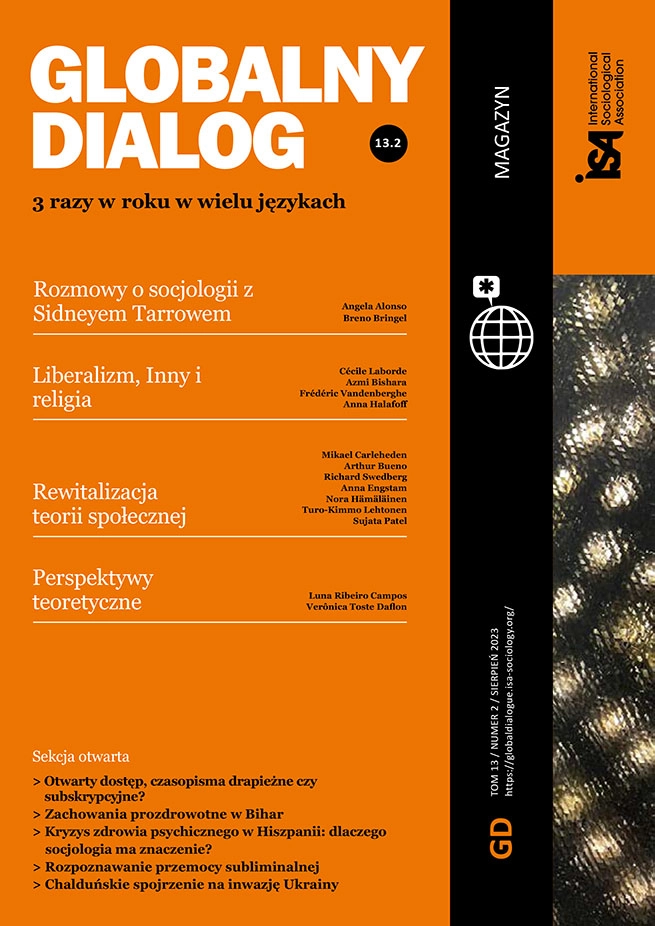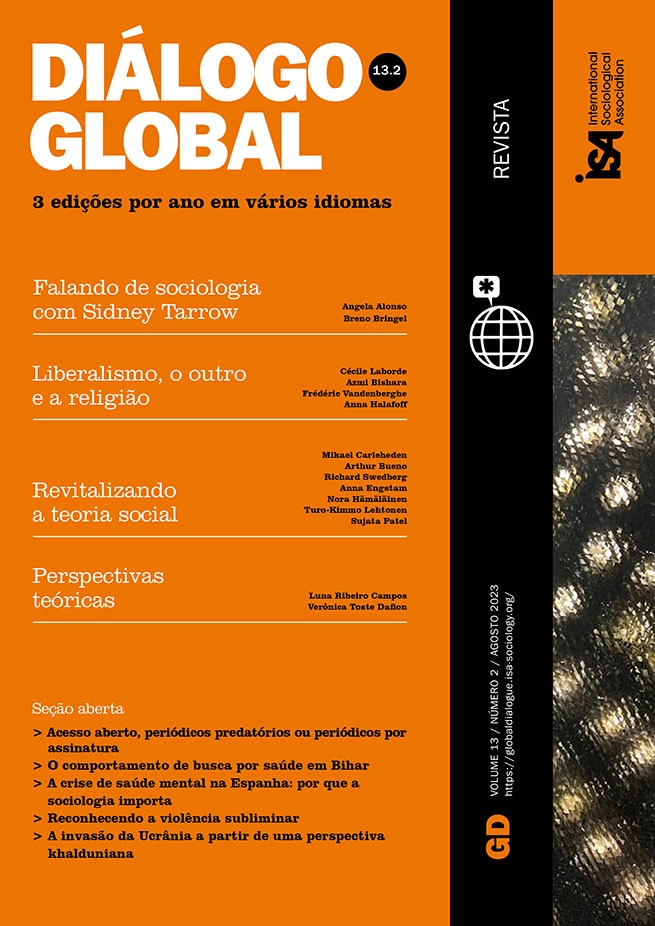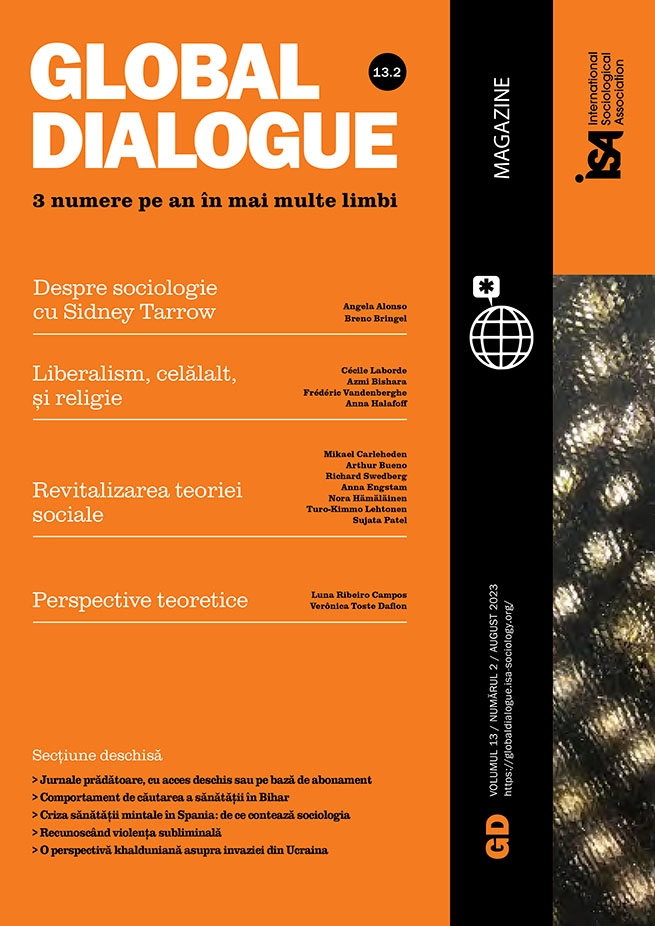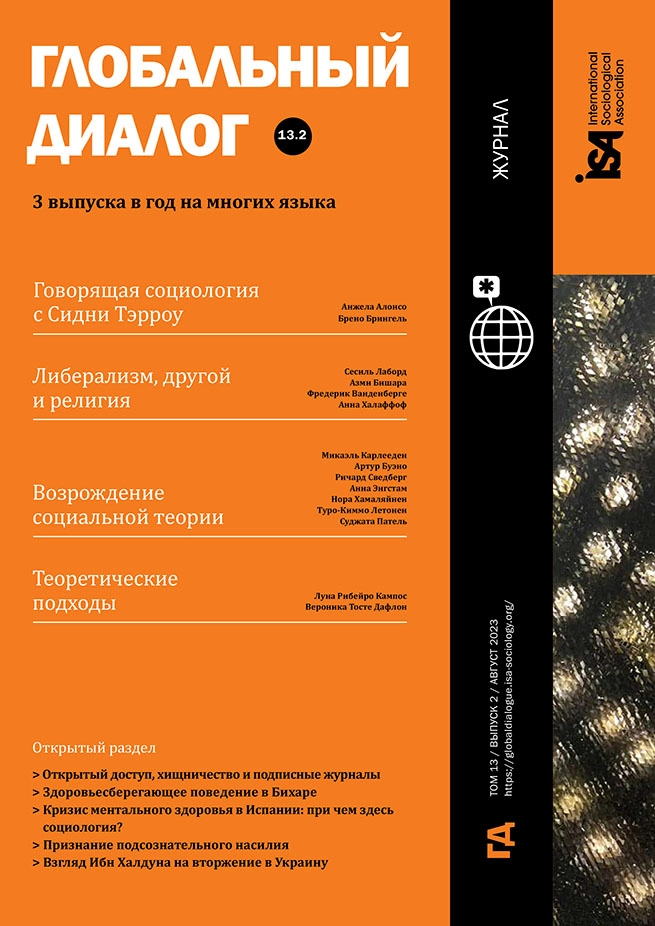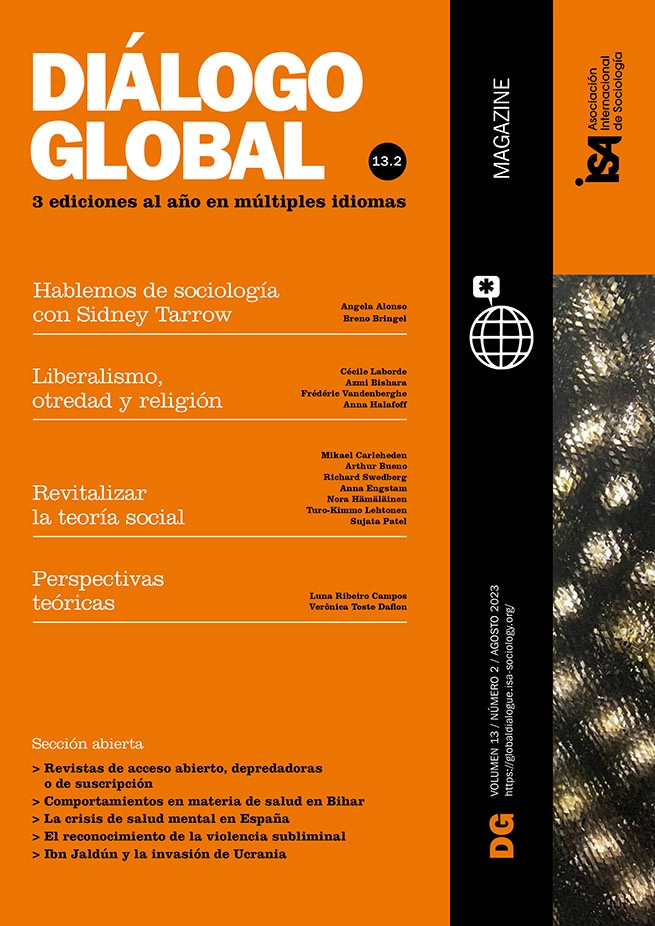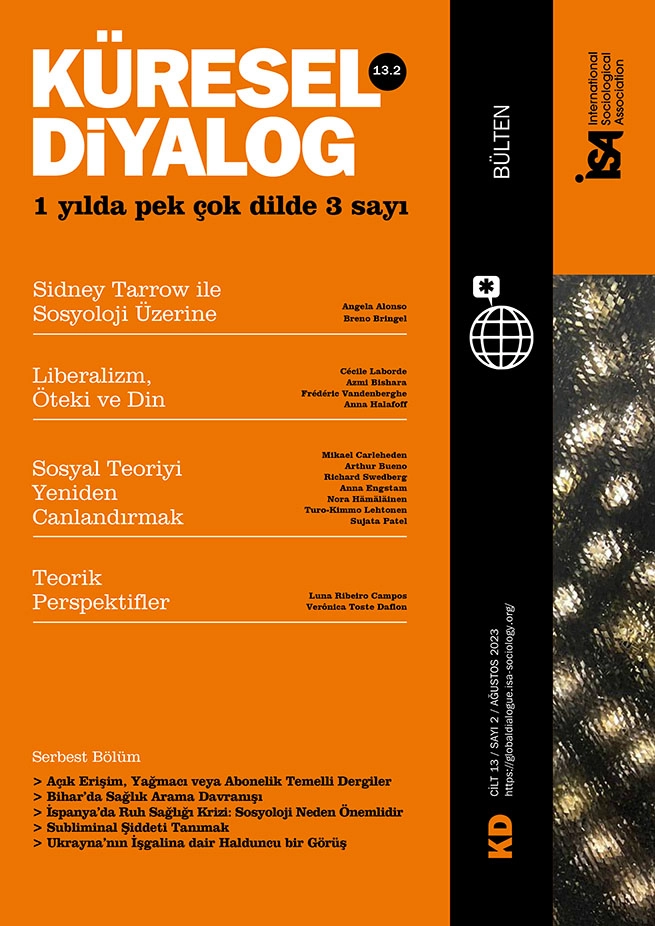Women in the Making of Social Theory Beyond the Canon
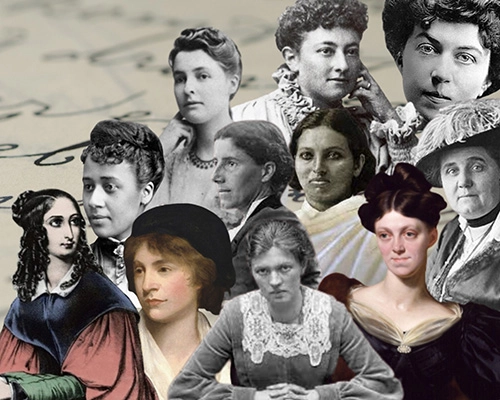
June 25, 2023
In 1838, Harriet Martineau defended the creation of rules for producing “safe generalizations” about societies. Almost six decades before the release of Émile Durkheim’s The Rules of Sociological Method, Martineau published How to Observe Morals and Manners, an exquisite work on the epistemological challenges involved in the production of knowledge about human beings and their interrelationships.
Martineau imagined the social as a domain in which institutions, material life, symbols, feelings, bodies, and demographic factors intertwined. Like her predecessor Mary Wollstonecraft, she believed that domestic morals and politics were “inseparable in practice” and that the scientist could only divide the public and the private spheres for analytical purposes. Martineau was, in sum, a theorist who recognized the gendered basis of social life.
In the years following her death, Martineau and other pioneers such as Flora Tristan, Anna Julia Cooper, Marianne Weber, Beatrice Potter Webb, Jane Addams, Charlotte Perkins Gilman, and Alexandra Kollontai fell into obscurity. The participation of women from outside the Anglo-European context in the public debate and publishing market of the nineteenth century was also forgotten, as in the cases of the Indian writer Pandita Ramabai and the South African writer Olive Schreiner.
The trajectories of such women were highly diverse: some were deeply engaged with the construction of sociology, while others were not necessarily concerned with founding a scientific discipline but they produced insights that we now understand as sociological. With all their differences, these women show that the history of sociology is not linear but has multiple origins and greater thematic and geographical variety than we usually recognize.
The institutionalization and masculinization of sociology went hand in hand. The academic and political disputes that gave Karl Marx, Émile Durkheim and Max Weber the status of classics erased the female presence in the construction of the social sciences and silenced non-European sources. As a result, many gendered domains of inquiry have been marginalized, limiting our sociological imagination. As Dorothy Smith pointed out, the everyday world is a problematic open to sociological inquiry. Therefore, neglected topics such as family, marriage, sexuality, and reproduction are not just private issues, but matters of sociological relevance.
Key topics of sociology made by women
Since the presence of women in classical sociology has never been systematically recognized, mapping their contributions is always a challenge. The ignorance of their works, the scarcity of new editions and translations, and the lack of research with critical perspectives on the subject feed the narrative that there were no women thinking about society in the nineteenth century. This disregard for the contributions of women in the history and teaching of sociology impacts the definition of key concepts, theories, and methods for the discipline.
In the first half of the nineteenth century, for instance, Flora Tristan, a French thinker of Peruvian descent, analyzed the particularities of the condition of working-class women within the family and work environments. One could say that she used the methodology of participant observation in her study of the English working class, published a few years before Friedrich Engels’ book. Furthermore, she realized how relations of oppression were not only grounded in legal apparatuses, but embodied in everyday structures and institutions, such as the church and the family.
Pandita Ramabai, in turn, wrote numerous works in which she chronicled the complexities of women’s situation in India at the intersection of religion, caste, inequality, and colonialism. Ramabai theorized about the intimate relationship between castes, their forms of endogamy, the ritualization of everyday life, and the control over women. She pointed out mechanisms by which castes were related to practices such as dowry, or the treatment of widows, or even female infanticide. Her work reveals the gendered features of social groups and boundary making.
By the end of the nineteenth century, Charlotte Perkins Gilman’s work was widely read. Gilman was a member of the American Sociological Association and criticized the Victorian cult of motherhood and female domesticity. In her work, she strove to historicize the family and the home, identifying the social as a dense web of relationships between the family, the state and the market, forming a highly interdependent structure.
As for the German Marianne Weber, she wrote nine books and dozens of articles in which she discussed topics such as law, marriage, motherhood, female autonomy, and patriarchal domination. Marianne compared the legal arrangements of marriage in different societies in a way that resembles the methodological approach of historical sociology. Against submissiveness in marriage, she defended the construction of partnership relations and law reform as a way of guaranteeing female individuality.
In the same period, the South African thinker Olive Schreiner was an active voice in the debates about the possibility of creating a South African nation. She had a critical view on British colonialist actions in South African territory and denounced imperialist initiatives exploiting mineral wealth and native people. Schreiner showed a keen eye for the contradictions related to the formation of the state and its relationship with nation, territory, race, and gender.
Finally, in the beginning of the twentieth century, Ercília Nogueira Cobra criticized the sexual morality in Brazil by looking at sexuality and the ways in which women’s bodies were controlled. Cobra showed how honor codes, such as the requirement that women remained virgins before marriage, were linked to the denial of civil rights to women. Thus, she demonstrated how the legal regime affected social relations, pointing out that the control of sexuality could be a basis for exercising power relations.
By taking these women’s texts seriously, we seek to make analytical use of the gender category, understood as a fundamental factor of social life. The idea is to ask whether the theories produced by these women help us to rethink concepts such as order, action, and social change, as well as work, power, solidarity, and inequalities.
Contemporary challenges when thinking about the canon
In contemporary sociology there is controversy over the status of the sociological canon. Authors like Raewyn Connell and Patricia Hill Collins argue that the very idea of a canon is unsustainable in the face of an increasingly complex and global sociology. However, the international community of sociologists continues to rely on classic authors for purposes of professionalization.
Social processes of the formation of new and old canons remain active regardless of our will. What qualifies as “great theory” is usually presented as a synthesis or overcoming of the antinomies of classical sociology. Therefore, classical and contemporary theory maintain a fundamental relationship that seems far from being over.
For gender to stop being a sub-area or even a self-sufficient field and enter the core of sociology, it is necessary to include women authors in the circuit of classical sociology, making them references in textbooks. In recent years, excellent initiatives have been taken, such as the work of Patricia Madoo Lengermann and Jill Niebrugge-Brantley, Kate Reed, Mary Jo Deegan, and Lynn McDonald. It is pointless, however, to keep reproducing Eurocentric points of view with a female bias. A sociological theory beyond the canon requires a glance beyond Europe, as Alatas and Sinha propose.
From Brazil, we registered our contribution to the debate with the publication of the collection Pioneiras da Sociologia: Mulheres intelectuais nos séculos XVIII e XIX [Pioneers of Sociology: Intellectual Women in the 18th and 19th Centuries]. The e-book is available, for now, only in Portuguese. The initiative, unprecedented in the country, brings together sixteen women authors from different backgrounds and proposes presenting them in a didactic way.
Thinking together about female authors, canonical or not, from such different regions, presents historical and sociological challenges. The comparison allows for both the relativizing and criticizing of androcentric universalist theories from the Global North, bringing to light unique sociohistorical configurations, as well as providing clues for the analysis of global macro-sociological processes that have marked the modern world. Rethinking the sociological canon and making it more inclusive is the task that awaits the new generations.
We would like to thank the Fundação de Amparo à Pesquisa do Estado do Rio de Janeiro (FAPERJ) for supporting our research project. We appreciate its commitment to advancing scientific knowledge and fostering academic excellence in Brazil.
Luna Ribeiro Campos, State University of Campinas, Brazil <lunaribeirocampos@gmail.com>
Verônica Toste Daflon, Federal Fluminense University, Brazil <veronicatoste@gmail.com> / Twitter: @vetoste

